This is part of the series, Your Voice on Racism. Do you have a story to share? We need to hear it! Consider submitting it here!
How should world changers react to current events in the USA? This is the way one world changer did, through the poem–A Voice Cries. My friend feels a lot of the same tension and pain that many of us do, especially in the wake of the deaths of two men killed by police, which then motivated a police shooting, and was followed by a war-like response towards the shooter. Unfortunately, that seemed to only pouring fuel on the flames of anger and unrest in our country.
The truth is, we world changers might feel like we should be in the middle of this, knowing exactly how to respond for the social good. But in reality, most of us probably don’t know how we should react (although there are plenty of opinions!).
But knowing the “right” answer might actually not be what we need as world changers. Maybe we only need to know the right questions to ask.
Can we–should we–try to seek justice in the USA?
As these current events were transpiring, I unknowingly published the post, Why We Should Seek Justice about how we can’t fully love others without seeking justice. But when I heard the news of what happened in Dallas I almost regretted writing that post!
Why? Because seeking justice in regards to this situation isn’t easy, rather, it is incredibly twisted and complicated. It hurts. Just like everyone else, I have lots of feelings that have been building up for years. In addition, I am not well-versed in race politics, and but for a few exceptions, I know for a fact that most of my fellow do-gooders who read this blog aren’t either!
Even if we all disagree on the meaning of “justice” in this sticky-situation (not even mentioning the other “sticky-situations” over the past year, two years, and much longer, involving everything from race, to religion, to rights, to gun policies, to mental illness), we still might be able to collectively take one step forward towards a form of justice. The poem below doesn’t give us an answer, but rather, it inspires questions. It challenges us to evaluate if we are really loving others.
Let us pay attention to the tension and soak in the following words. Because, after all, if we want to change the world, the change starts within us. It always starts with us.
Can we embrace the idea that we are the ones that might need to change?
A Voice Cries (A Poem)
We talk past each other on Facebook
We hurl our words like daggers
Like bullets
But we miss each other
Entirely
Fully
We miss because we are blind and deaf
To each other
We cannot see the Other
We cannot hear the Other
So we make the Other less than we are
Because that is easier than the pain
Because that is easier than changing
Because to see to hear to change
Seems too much like death
But death leads to life
Death frees us
From us
Death can be the gateway into life
People die for stupid reasons
But we are so worried about guns or police or criminals
That it is hard to see that a life has ended
That did not need to end
Or maybe we do see it hear it feel it
And the pain is too big
To see
To hear
To feel
And we fall back on the comfort of the known
Of pointing fingers
Of drawing lines
Of kicking people off ‘our’ island
We need to see the Other
To hear the Other
To feel the Other
Or maybe there will be nothing left of us
Read it one more time and really consider how well you are “hearing and feeling the Other.”
As world changers, instead of focusing on being right, or offering the world the “right answer,” consider instead if you are asking questions and are willing to take steps to change yourself so that you might really love others.
Four posts that might help you as you process current events in the USA:
How can you be an agent of change as you react to current events in the USA?
I especially loved Steph Fink’s post below about Four Ways To Help America Heal as it goes hand-in-hand with the above poem. Her challenges #3 and #4 give great guidance to us world changers on the difference between cheap commentary and when we should actually stand up and say something (which can be really hard to figure out). Check it out:
Should you unplug if you are getting too much input?
Because knowing when to shut-up and when to speak-up can be hard, I’ve mixed those up many times! Now I actively choose to unplug for awhile until I can say only the things I should say and to help me listen better. This post might help you if you are finding yourself not knowing how to handle all the extensive input:Six Questions to Help World Changers Know When They Should or Shouldn’t Unplug or Art of Advocacy: When You Know It is Time to Cocoon
Begin trying to hear the perspective of those who are not like you:
If you haven’t yet, I also highly encourage you to start considering race and cultural relations. One of the most healthy things I’ve experienced are those awkward conversations with those who are different than me (even if just among my family and friends). This openness has been hard to foster, but so necessary if I want to genuinely love people. I feel like I am just learning how to do this better. If you want just a starting point to consider the perspective of others who might not be like you, I highly suggest this post: Confessions of A White Man or check Your Voices on Racism.
Can you love people while ignoring the root issues?
Again, I also wanted to throw out last week’s post Why Should We Seek Justice (and IJM’s Model) because otherwise it is tempting and easier to only focus on loving those who right in front of us, instead of considering the bigger picture. If we really want to be world changers, it is necessary to engage both those in front of us as well be a part of healing the root issues of injustice and suffering around us. (Updated: check this out too: Justice is Public Love).

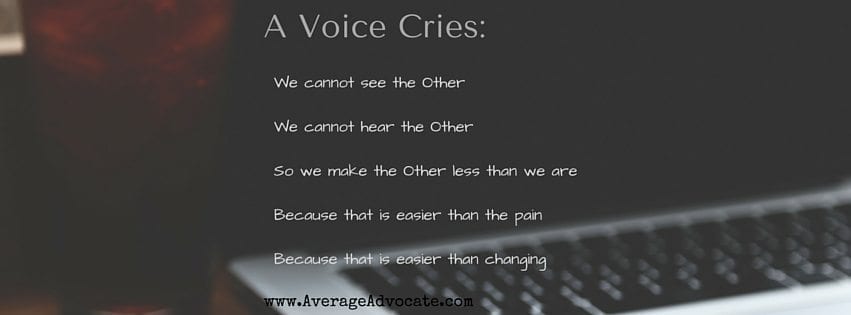
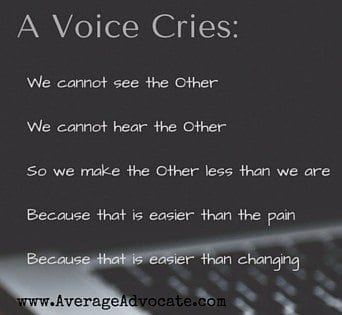
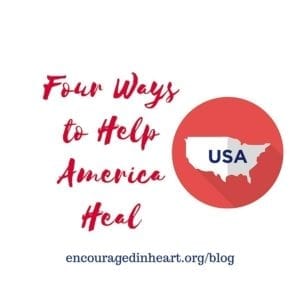
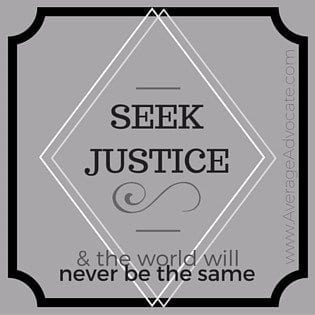
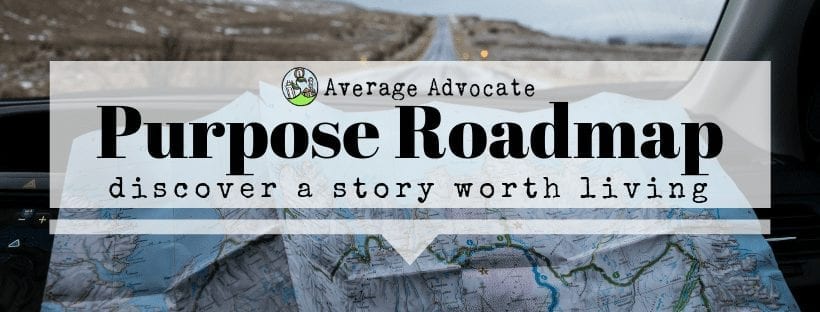

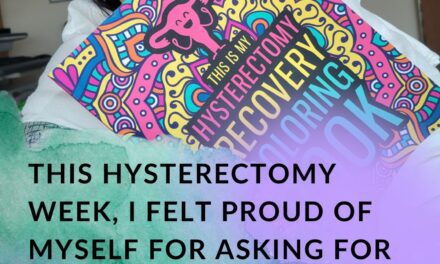
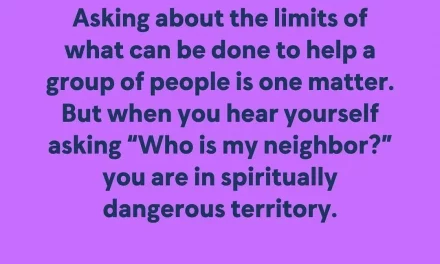


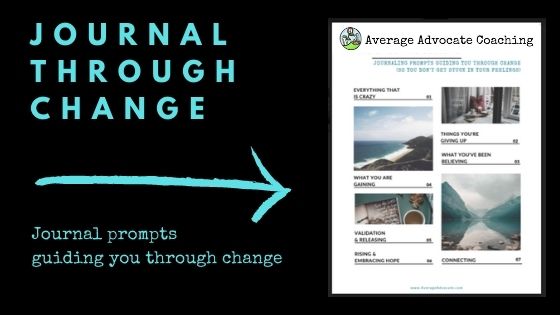
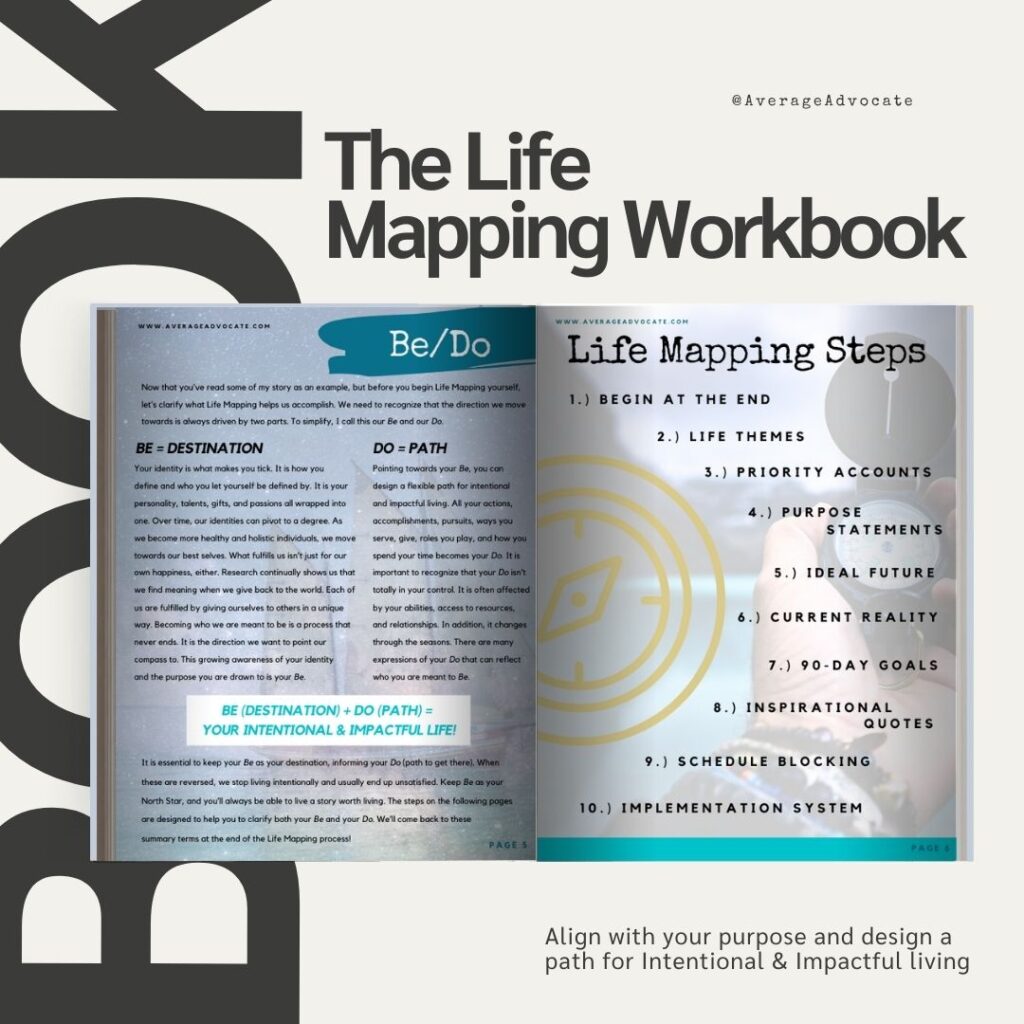
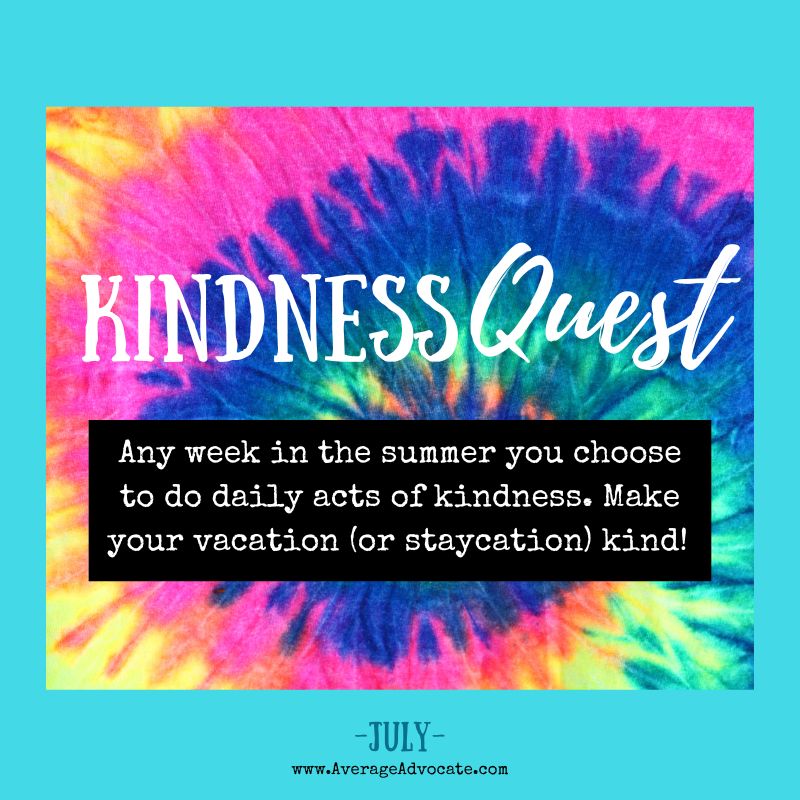

Trackbacks/Pingbacks